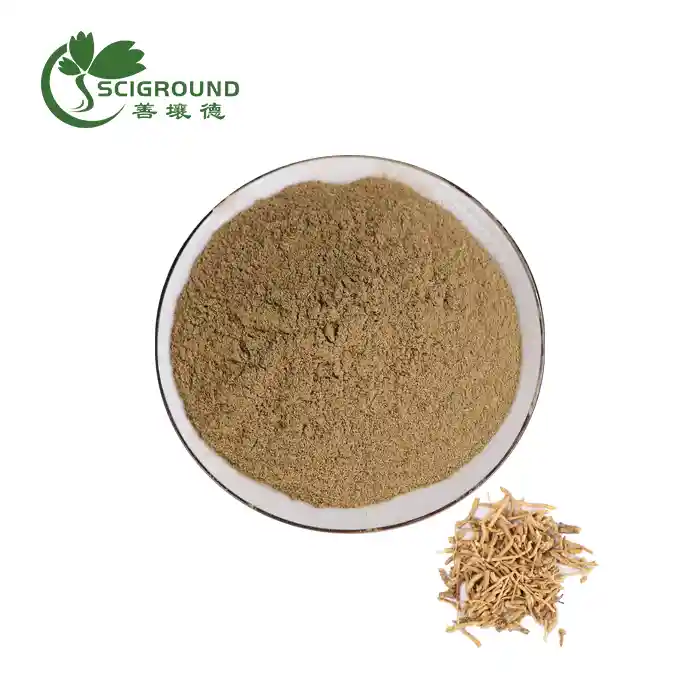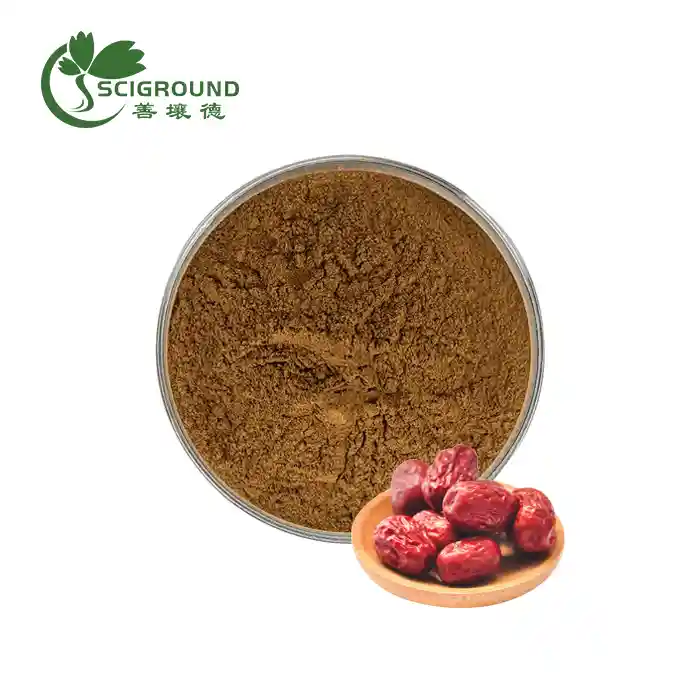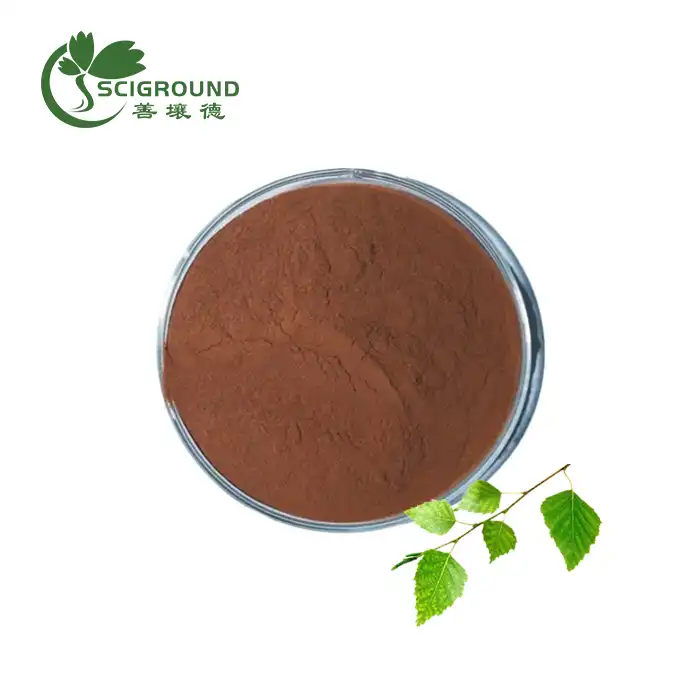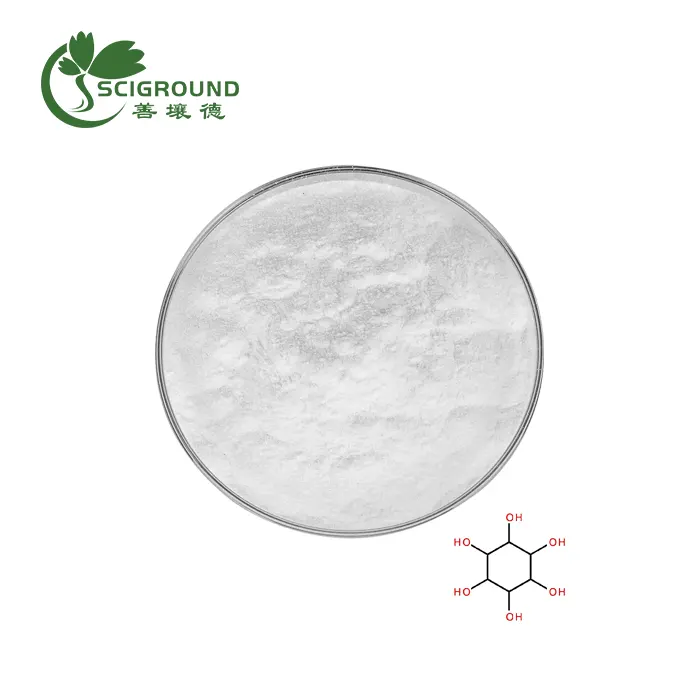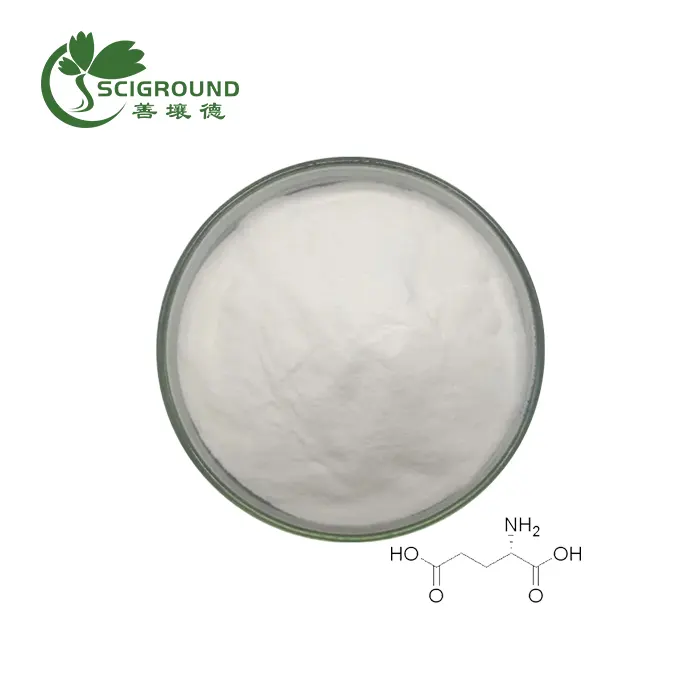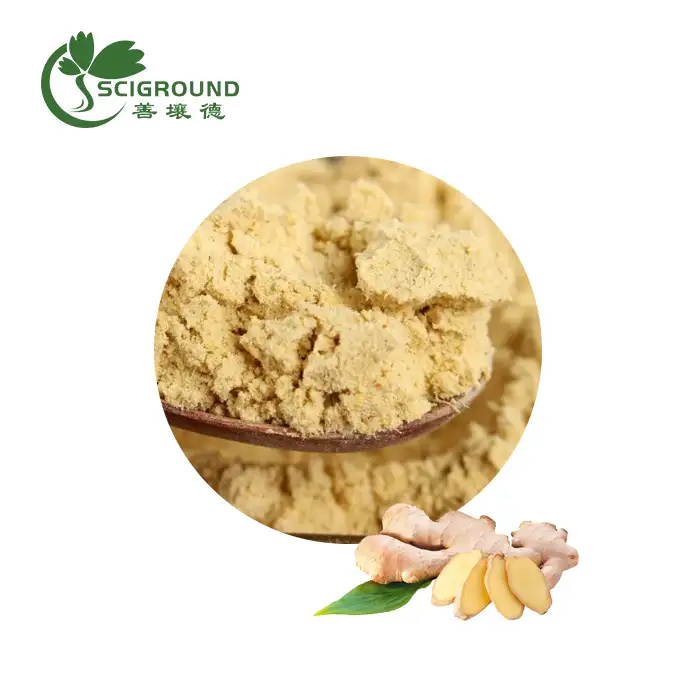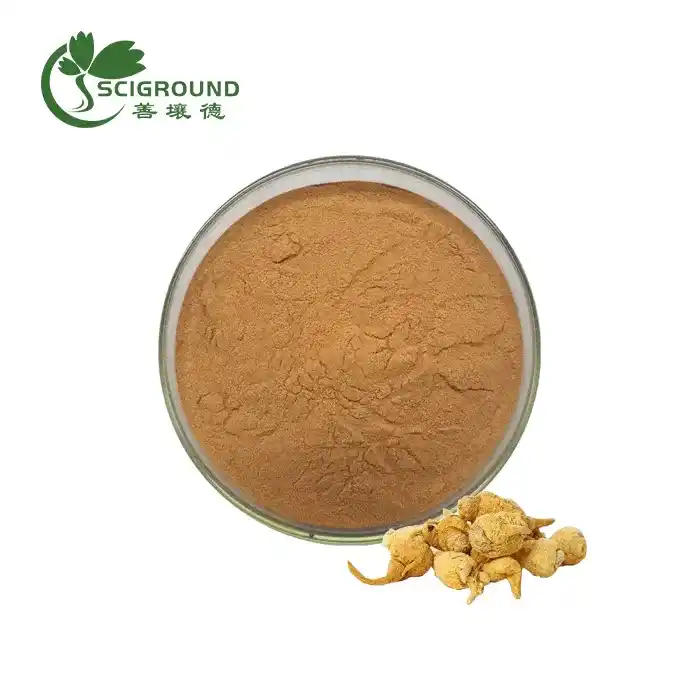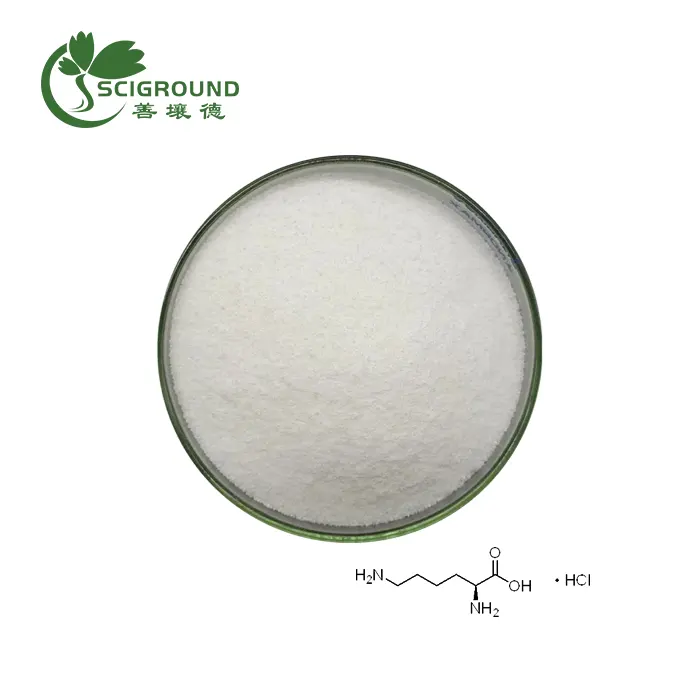What Are Persimmons Good For?
How Healthy Is Persimmon?
Persimmons are a healthy and nutritious fruit with several benefits that contribute to overall well-being. Here's an overview of the health benefits and nutritional value of persimmons:
Rich in Vitamins: Persimmons are an excellent source of vitamins, particularly vitamin A and vitamin C. Vitamin A is crucial for maintaining healthy skin, vision, and the immune system, while vitamin C is an antioxidant that supports the immune system and skin health.
Dietary Fiber: Persimmons are high in dietary fiber, which aids in digestion and helps prevent constipation. Fiber also promotes a feeling of fullness, making persimmons a helpful addition to a weight management plan.
Antioxidants: The fruit contains a variety of antioxidants, including beta-carotene, flavonoids, and polyphenols. Antioxidants protect cells from oxidative damage caused by free radicals, potentially reducing the risk of chronic diseases like cancer and heart disease.
Heart Health: The high fiber content and potassium levels in persimmons can contribute to cardiovascular health. Potassium helps regulate blood pressure, reducing the risk of hypertension and stroke.
Cancer Prevention: Some studies suggest that the antioxidants in persimmons may have anti-cancer properties, particularly in preventing colon and lung cancers.
Anti-Inflammatory: Persimmons have anti-inflammatory properties due to their flavonoid content. This can help alleviate symptoms of conditions like arthritis and other inflammatory diseases.
Eye Health: The vitamin A in persimmons is essential for maintaining good eyesight and preventing conditions like night blindness.
Weight Management: With their low calorie content and high fiber, persimmons can be a healthy addition to a weight management plan. They satisfy your appetite and help you feel full for longer.
Bone Health: Persimmons contain essential minerals like manganese, which is crucial for maintaining strong and healthy bones.
It's important to incorporate a variety of fruits and vegetables into your diet to maximize the health benefits. While persimmons are a nutritious choice, they should be part of a well-balanced diet, and individual dietary needs may vary. Always consult with a healthcare professional or registered dietitian for personalized dietary advice.
It is a delicious and healthy fruit that can contribute to a balanced diet and offer numerous health benefits due to their vitamins, antioxidants, and dietary fiber content.

Is Persimmon Good for Stomach?
Persimmons can be beneficial for the stomach when consumed in moderation, particularly when they are ripe. Here's how persimmons can contribute to stomach health:
Digestive Health: Persimmons are a good source of dietary fiber, which promotes healthy digestion. Fiber aids in regular bowel movements, prevents constipation, and can alleviate gastrointestinal discomfort.
Soothing Properties: Ripe persimmons are known for their soothing and anti-inflammatory properties, which can be beneficial for individuals with stomach issues. They may help calm an upset stomach and reduce inflammation in the gastrointestinal tract.
Gastric Ulcer Prevention: Some research suggests that persimmons may help prevent gastric ulcers. The anti-inflammatory and antioxidant properties of persimmons can protect the stomach lining from damage caused by factors like excessive stomach acid.
Low Acidity: Persimmons are relatively low in acidity, making them a gentler choice for those with sensitive stomachs. High-acid foods can sometimes aggravate acid reflux or indigestion.
However, it's important to consume persimmons in moderation. Overeating any food, including persimmons, can lead to stomach discomfort and digestive issues. Additionally, it's essential to ensure that the persimmons are fully ripe, as unripe persimmons can contain high levels of tannins, which may cause a dry, astringent sensation in the mouth and stomach.
Individual reactions to foods can vary, so if you have any concerns about how persimmons might affect your stomach, it's advisable to start with a small amount and monitor your body's response. If you have a history of stomach issues or digestive disorders, consult with a healthcare professional or registered dietitian for personalized dietary guidance. Overall, ripe persimmons can be a stomach-friendly fruit and a healthy addition to your diet when enjoyed in moderation.
When Should You Not Eat Persimmon?
There are certain situations in which it's best to avoid or limit your consumption of persimmons:
Unripe Persimmons: Unripe persimmons are high in tannins, which can cause an unpleasant, astringent taste in the mouth and may lead to digestive discomfort. Always ensure that persimmons are fully ripe before consuming them.
Allergies: If you have a known allergy to persimmons or related fruits, such as kiwi or mango, it's crucial to avoid persimmons to prevent allergic reactions like itching, hives, or swelling.
Medication Interactions: Persimmons contain vitamin K, which can affect blood clotting. If you are taking blood-thinning medications like warfarin, consult your healthcare provider for guidance on dietary restrictions, as vitamin K can interfere with these medications.
Stomach Sensitivity: If you have a history of acid reflux or a sensitive stomach, it's advisable to consume persimmons in moderation. Overeating can lead to discomfort.
Kidney Issues: If you have kidney problems, particularly kidney disease, it's important to be cautious about consuming high-potassium foods like persimmons. Monitor your potassium intake and consult with a healthcare professional or dietitian for guidance.
Diabetes: Persimmons, like all fruits, contain natural sugars. If you have diabetes, monitor your carbohydrate intake and portion sizes to manage blood sugar levels effectively.
Weight Management: If you're trying to lose or maintain weight, be mindful of portion sizes when consuming persimmons, as they do contain calories. Overconsumption can contribute to weight gain.
Dental Health: The natural sugars in persimmons can increase the risk of tooth decay if not followed by proper oral hygiene. Rinse your mouth with water or brush your teeth after eating persimmons to mitigate this risk.
In most cases, ripe persimmons can be a healthy addition to your diet, but it's important to consider these factors and consume them in moderation. If you have specific dietary concerns, health conditions, or are uncertain about including persimmons in your diet, consult with a healthcare provider or registered dietitian for personalized guidance.
If you are interested in enjoying the health benefits of persimmons, consider choosing SciGround's high-quality persimmon products. As professional manufacturers and suppliers, we offer competitive prices without compromising on quality. For more information, feel free to contact us at info@scigroundbio.com.
References:
Related Industry Knowledge
- What are the benefits of African mango seed powder?
- Does lysine help hair growth?
- What does fisetin do for the body?
- Is hydrolyzed wheat protein safe for hair?
- Is BCAA better than protein shakes?
- How much l theanine in green tea
- Vitamin B1 vs B12
- Is Pea Protein Low FODMAP?
- What is kudzu powder good for?
- Does pumpkin seed powder help you sleep?
